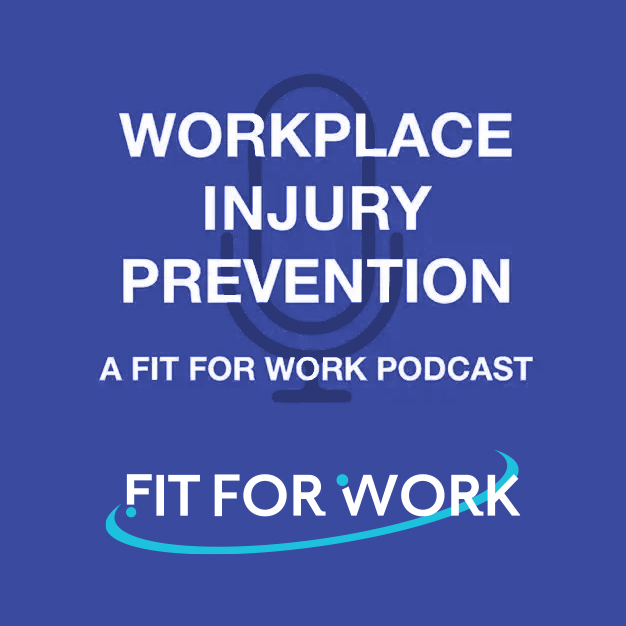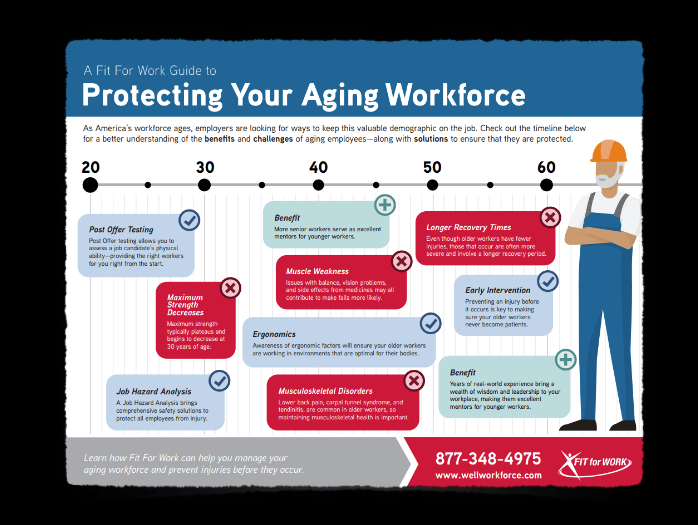At some workplaces, employees are anxious about reporting injuries or illnesses related to the jobs, because they fear there might be retaliation. That can come in many forms, from overt changes to shifting treatment overall. For example, a manager might cut an employee’s hours or stop approving overtime after an injury claim, as a way to “punish” that person for reporting. Some employees might be placed on suspension or given a warning for a minor—or even false—infraction that can serve as a warning to others that reporting leads to negative outcomes. But there’s also retaliation that’s harder to pinpoint through concrete actions like these. An employee might feel shunned in some way, or treated differently after a report is filed. That person may not be invited to events outside of work anymore, or be subject to gossip within the company. If any of those are occurring, you have a major problem. Not only does retaliation cause extremely low employee morale—and that attitude spreads quickly—but it also increases employee turnover and makes recruiting more difficult. There is also the possibility of legal action. While it’s more difficult to prove retaliation in the form of changed attitudes, even the filing of a lawsuit will be a black eye to the company. More than that, OSHA will pay attention. The U.S. Department of Labor does not look kindly on companies where injury and illness reporting leads to problems for individual employees, and creates unsafe workplaces. Just take a glance through the agency’s monthly news about damage awards and OSHA investigations. To prevent these type of issues, be sure to provide proper training for all supervisors and managers, but also for employees. Highlight the importance of accurate and timely injury and illness reporting, and emphasize that this reporting is essential for making changes that can improve workplace safety. Then follow through. Be more aware of any retaliation rumbles and shut it down quickly. By being proactive and turning injury reporting into a plus, rather than a negative event, a company will stay on OSHA’s good side, create a safer environment, and have more productive and engaged employees. Real Results: “I really appreciate the company bringing them in. I’ve been trying to get by for a year and manage on my own. I went to see Fit For Work and it’s been like a miracle. I can garden and go for walks again.” – Tom, Manufacturing Employee
The Dangers of Injury-Reporting Retaliation





